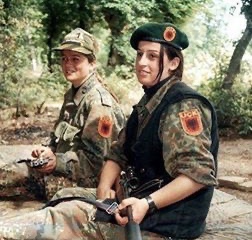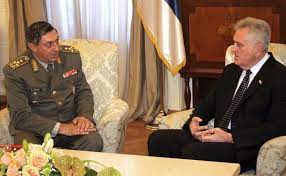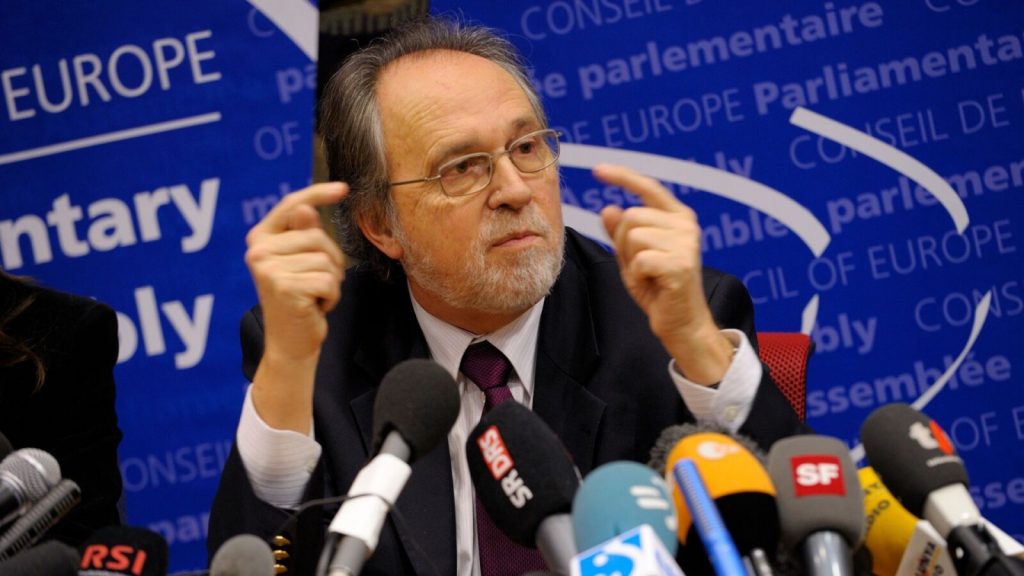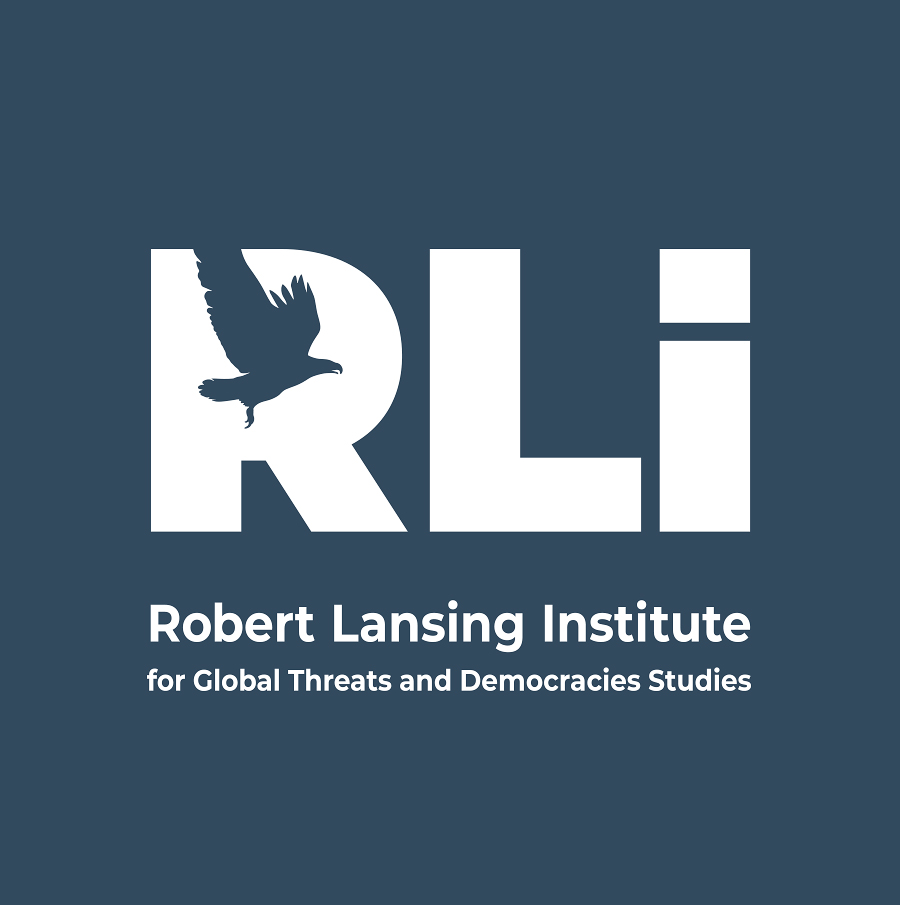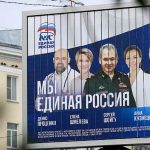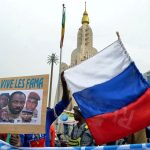Dialogs resumption between Kosovo and Serbia in early September has produced an agreement reached by both parties, mediated by the EU Special Envoy for Kosovo-Serbia Dialogue, Miroslav Lajcak.
The Deputy Prime Minister of Kosovo, Besnik Bislimi, stated that the only dialogue topic is the issue of missing persons and as a problem the Kosovo negotiating team has identified is the unwillingness of the Serbian side to open military archives related to Kosovo.
In this meeting, both parties agreed to open state archives, including the KLA archive, the latter continuously required by Serbia. The agreement was apparently made with the intention that Kosovo has nothing to hide and opening of the KLA archives would not be harmful for Kosovo. But this agreement is considered as a hurried step and is being criticized by the opposition and experts in the field in Kosovo.
The expert in delegation support for talks between Kosovo and Serbia, Robert Muharremi, has distanced himself from the position of this delegation, regarding the archives and the involvement of the KLA in the discourse on missing persons. In a statement through social networks, he stated the reason for distancing himself from this agreement: “The opening of the KLA archives has been a constant request of Serbia to change the narrative of the ‘culprits’ for missing persons and to equate the KLA with Serbia. It is no longer important how and in what context the statement was made, but its effect, which has now included the KLA as part of the problem. This is harmful and with consequences for Kosovo, taking into account the court proceedings that are taking place in Hague against the KLA,” Muharremi said.
Did the KLA have archives in the real sense of the word?
The Kosovo Liberation Army was not a regular state-led army and did not intend to invade another country. The KLA was created from group of people that gathered around the idea of liberating Kosovo through armed resistance against Serbia named the group Kosovo Liberation Army (KLA). After few years, this group became the best-known guerrilla to cooperate with the NATO during the bombing campaign against Yugoslav military targets and to defend the civilian population from Serbian forces.
As a military formation, the KLA was created mostly by low-middle class, unemployed and rural people but soon gained support from masses of the Albanian population of Kosovo to their guerrilla attacks against the military and paramilitary check points of the Serbian forces.
The KLA did not have time to keep notes nor archives but neither had the military administration, they also had limited ammunition. Abit Hoxha, Media and Conflict lecturer and researcher in Adger University, explains how the KLA worked, “first of all, there is no KLA Archives. KLA was a movement that functioned in an anomic form which means that eventful leaders were selected on the basis of events and circumstances. The oral history tradition dominated orders and other subordination activities within KLA. So, we can not speak of an archive in the real sense of the word”, Hoxha says.
While the public opinion is confused as to which archives are in question, because it is known that in Kosovo there is no KLA archive, except for some wartime exhibits which are exposed in the Museum of Kosovo. Unlike the KLA, Yugoslav Army had protocols, operational procedures and log books and what Serbia is currently seeking from the KLA archives is something similar to the former Yugoslav army archives, which are also suspected to have already been destroyed by the Serbian state.
The consequences of this agreement could be detrimental to Kosovo when it comes to KLA leaders being held in Hague, but Serbia can use the non-existence of the KLA archive as a “card” not to open its archives even though it has accepted such a thing says Abit Hoxha, “the consequences are that now, it will be much more difficult to ask Serbia to open its military archive and find out the information needed to locate mass graves, those responsible and the chain of command for the atrocities committed in Kosova during the war. This was the aim from the beginning with Serbia´s request for “KLA Archives” because they don’t exist. Serbia will now say that you don’t open these archives and why should we?” Hoxha explains.
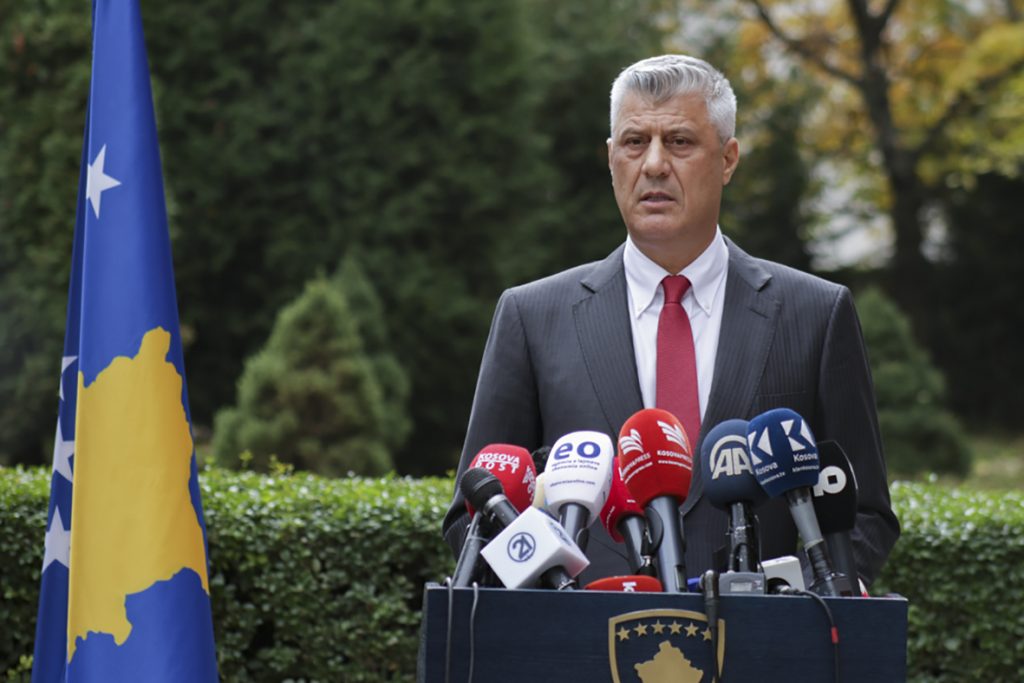
Read also: The Shadows of a Court
To admit that you have archives when such a thing does not exist is a dangerous step when dealing with a country like Serbia. Serbia, among other things, has always tried to draw parallels between the Kosovo Liberation Army with former Yugoslav army. The latter caused wars and genocide in the Balkans since the beginning of Yugoslavia break-up in the late 20th century.
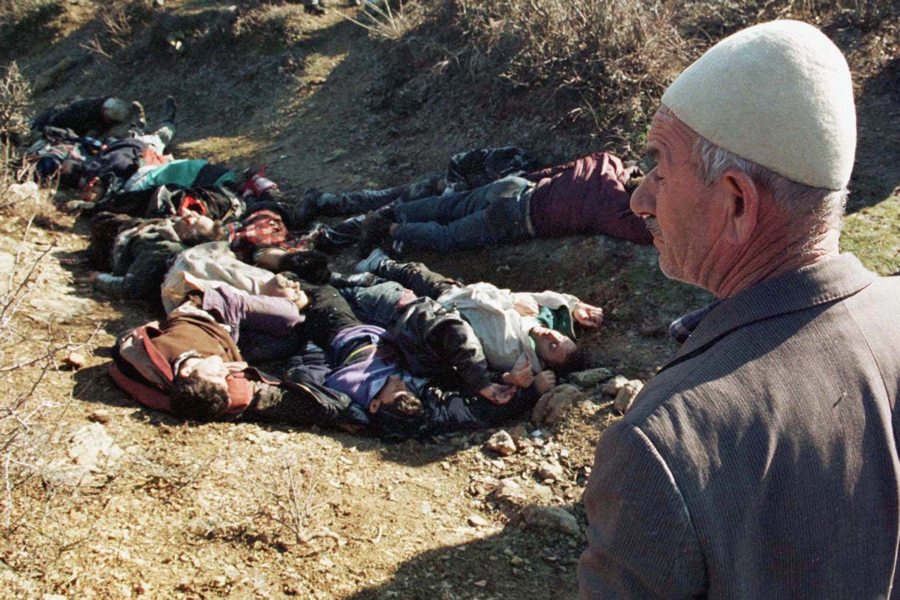
Read also: Can Kosovo sue Serbia for genocide?
Meanwhile the European Union Special Representative for the Kosovo-Serbia Dialogue, Miroslav Lajcak, will visit Kosovo. During the three-day visit he will hold meetings with institutional and political leaders. From the Kosovo side, the special representative was requested to visit state archives, including those related to the KLA, but it is not yet confirmed whether Lajcak will do so.
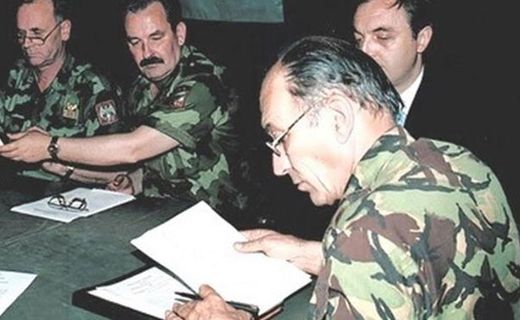
Read also: Serbia’s war against Kosovo is asymmetric


